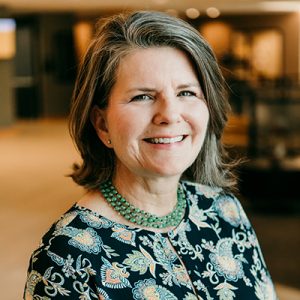MU Center for Schoolwide Positive Behavior Support Receives $4.25 Million Grant to Expand Training to District Level
National Center will have 25 years of continuous federal funding at the end of grant cycle
The MU Center for Schoolwide Positive Behavior Support (MO SW-PBS) is the recipient of a $4.25 million subcontract from the U.S. Department of Education’s Office of Special Education Programs. When completed, this latest award will make 25 years of continuous federal funding for the school climate and behavior support system now used in 680 Missouri schools and 26,000 schools across the country.

MO SW-PBS is one member of a network that originates from the University of Oregon, including universities and a total of 11 partner organizations in the United States. Tim Lewis, a professor in the Department of Special Education, was part of the initial team when the program began at the University of Oregon. He began implementing the program at the University of Missouri College of Education in 1998.
Positive behavior support (PBIS) is a framework for creating safe and orderly learning environments in schools, while improving social-emotional outcomes for students. The research-based instructional approach enables education communities to speak a common language regarding behavior, expectations, and corrections.

“Educators can no longer expect kids to know how to do school for reasons like access to preschool, poverty, and more,” said Nanci Johnson, the state director for MO SW-PBS. “What PBIS does is provide a highly predictable and supportive environment to learn and continually develop social skills. When PBIS is implemented with fidelity, consistency and equity, the statistics show we improve attendance and ultimately graduate more students from high school.”
For the last few years, MO SW-PBS has focused on training entire school buildings, but the next round of grant work will expand the work to the district level. Johnson notes that the state of Missouri has several large school districts with thousands of students and many small, rural schools that have approximately 150 students. As PBIS has grown, educators from throughout the Midwest, including Nebraska and Iowa, have also implemented the program. In addition, Lewis travels the globe to implement the program in countries like Greece, Australia, and more.

“We have spent the first 20 years demonstrating that we can provide intensive supports at the building level, and this next round of funding will allow us to develop a system that districts can implement,” said Barbara Mitchell, an assistant research professor in the Department of Special Education. “Districts can make a better connection with the community and use data to identify challenges and priorities.”